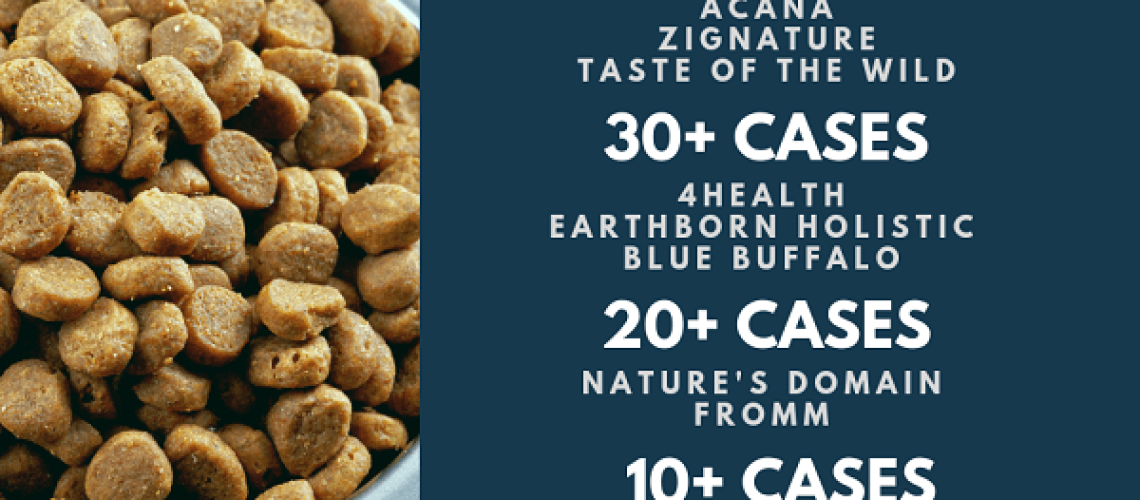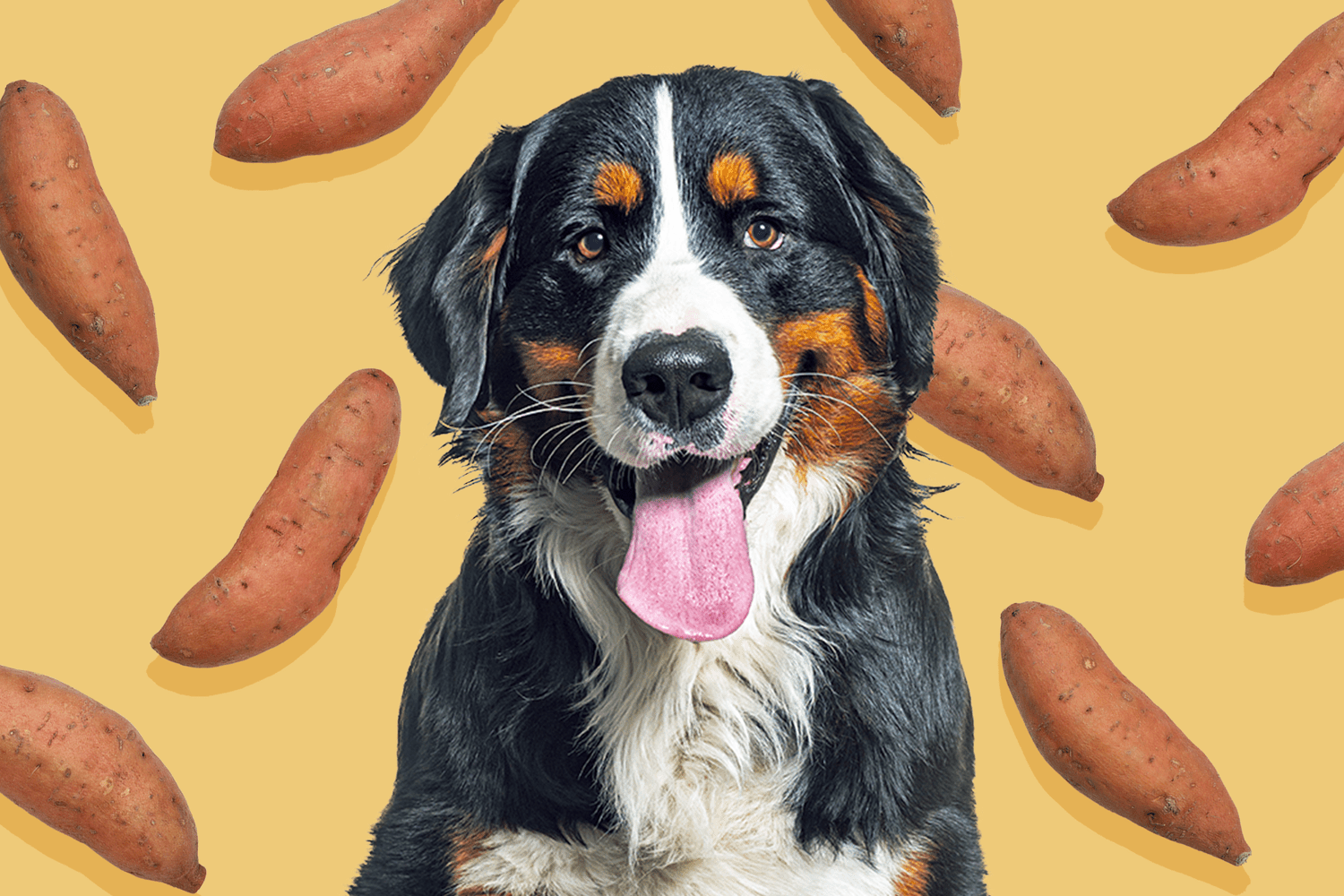Key Takeaways:
- Some grain-free dog foods may be linked to an increased risk of heart disease in dogs.
- The FDA has received reports of a potential link between grain-free diets and canine dilated cardiomyopathy (DCM).
- Grain-free dog foods often use alternative ingredients like peas, lentils, and potatoes as substitutes for grains.
- It is important to consult with a veterinarian before switching your dog to a grain-free diet or making any significant changes to their current food.
- Dogs with pre-existing heart conditions or breeds predisposed to heart disease may be more susceptible to the potential risks associated with grain-free diets.
Are you a dog lover who wants to ensure the health and well-being of your furry friend? If so, then you're in the right place. Today, we're going to explore the fascinating world of grain-free dog food and its potential impact on heart disease. By delving into this subject, you'll gain valuable insights that can help you make informed decisions about your pet's diet. Understanding this topic is essential because heart disease is a leading cause of death among dogs, with an estimated 7.8 million cases reported each year. So, if you want to give your four-legged companion the best chance at a long and healthy life, read on! In this article, we'll uncover the truth behind grain-free dog food and its potential link to heart disease, providing you with the knowledge you need to make the right choices for your beloved pup.
What is Grain-Free Dog Food and Why Do Some Pet Owners Choose It?
Grain-free dog food is a type of pet food that does not contain any grains such as wheat, corn, or rice. Instead, it is made with alternative ingredients like meat, vegetables, and legumes. Some pet owners choose grain-free dog food because they believe it is more natural and closer to what dogs would eat in the wild. They think that grains are not necessary in a dog's diet and may even cause allergies or digestive issues.
Another reason why some pet owners choose grain-free dog food is because they believe it can help with weight management. Since grains are high in carbohydrates, they can contribute to weight gain in dogs. By feeding their dogs a grain-free diet, these pet owners hope to help them maintain a healthy weight.
List of common grains found in dog food:
- Wheat
- Corn
- Rice
- Oats
- Barley
List of alternative ingredients found in grain-free dog food:
- Meat (such as chicken, beef, or fish)
- Fruits and vegetables (such as sweet potatoes or peas)
- Legumes (such as lentils or chickpeas)
- Potato starch
Can Grain-Free Dog Food Cause Heart Disease in Dogs?
In recent years, there has been concern about a potential link between grain-free diets and heart disease in dogs. The U.S. Food and Drug Administration (FDA) has been investigating this issue to determine if there is indeed a connection. While the investigation is ongoing, it is important for pet owners to be aware of the potential risks and consult with their veterinarian.
It is important to note that not all dogs who eat grain-free diets will develop heart disease. The FDA's investigation has found a higher incidence of heart disease in dogs that were fed grain-free diets, particularly those containing ingredients like peas, lentils, and potatoes. However, more research is needed to fully understand the relationship between diet and heart disease in dogs.
Potential reasons why some grain-free diets may be linked to heart disease:
- Nutritional imbalances: Some grain-free diets may lack certain nutrients that are essential for heart health.
- Taurine deficiency: Taurine is an amino acid that is important for a dog's heart function. Some grain-free diets may not provide enough taurine.
- Interaction with other ingredients: It is possible that certain combinations of ingredients in grain-free diets may interfere with a dog's ability to absorb nutrients properly.
The Prevalence of Heart Disease in Dogs on Grain-Free Diets
While the exact prevalence of heart disease in dogs on grain-free diets is not known, there have been reported cases of dilated cardiomyopathy (DCM) in dogs fed these types of diets. DCM is a condition where the heart becomes enlarged and weakened, leading to poor pumping ability and potential heart failure.
The FDA has received reports from veterinarians and pet owners about dogs developing DCM while on a grain-free diet. However, it is important to remember that these cases represent a small percentage of the overall dog population. Most dogs who eat grain-free diets do not develop heart disease.
List of common symptoms of heart disease in dogs:
- Coughing
- Difficulty breathing
- Tiring easily during exercise
- Reduced appetite
- Weight loss
List of dog breeds that may be more susceptible to heart disease:
- Golden Retrievers
- Doberman Pinschers
- Boxers
- Cavalier King Charles Spaniels
- Great Danes
Dog Breeds Prone to Developing Heart Disease from Grain-Free Diets
While any dog can potentially develop heart disease from a grain-free diet, certain breeds may be more susceptible. These include Golden Retrievers, Doberman Pinschers, Boxers, Cavalier King Charles Spaniels, and Great Danes.
This does not mean that all dogs of these breeds will develop heart disease if fed a grain-free diet. It simply means that they may have a higher risk compared to other breeds. If you own one of these breeds and are considering feeding them a grain-free diet, it is important to discuss the potential risks with your veterinarian.
Symptoms of Heart Disease in Dogs: What to Look Out For
Recognizing the symptoms of heart disease in dogs is crucial for early detection and treatment. Some common signs to look out for include coughing, difficulty breathing, tiring easily during exercise, reduced appetite, and weight loss.
If you notice any of these symptoms in your dog, it is important to consult with your veterinarian as soon as possible. They will be able to perform a thorough examination and recommend further tests if necessary. Early diagnosis and treatment can greatly improve the prognosis for dogs with heart disease.
The Safety of Feeding Grain-Free Food to Dogs with Existing Heart Conditions
If your dog has already been diagnosed with a heart condition, it is important to consult with your veterinarian before making any changes to their diet. While some dogs with heart disease may benefit from a grain-free diet, others may require specific dietary modifications based on their individual needs.
Your veterinarian will be able to assess your dog's condition and provide personalized recommendations. They may suggest adjusting the amount or type of grains in their diet, or they may recommend a different approach altogether. It is always best to follow the guidance of your veterinarian when it comes to managing your dog's heart condition.
Dietary Alternatives for Dogs with Heart Disease: Beyond Regular Dog Food
For dogs diagnosed with heart disease, there are alternative dietary options that can help support their overall health. These options go beyond switching back to regular dog food and may include specialized diets formulated specifically for dogs with heart conditions.
One option is a low-sodium diet, as excess sodium can worsen fluid retention and strain on the heart. Another option is a diet that includes supplements such as omega-3 fatty acids, which have been shown to have beneficial effects on heart health.
It is important to work closely with your veterinarian when choosing an alternative dietary option for your dog with heart disease. They will be able to recommend the most appropriate diet based on your dog's specific needs and medical history.
In conclusion, there is some evidence suggesting a possible link between grain-free dog food and heart disease in dogs. However, more research is needed to fully understand this connection and determine the best diet for our furry friends.
Has grain free dog food been linked to heart disease?
The FDA has conducted recent and ongoing research that suggests a possible connection between diets that are free of grains and the development of canine heart disease, specifically a condition known as dilated cardiomyopathy (DCM).
Why do vets not recommend grain free dog food?
A grain-free diet for dogs can potentially cause heart-related medical issues because grains provide support for heart health. Dogs that are on a grain-free diet for an extended period of time may have a greater chance of developing dilated cardiomyopathy, which can eventually lead to congestive heart failure.
What dog food is not linked to heart disease?
A recent research conducted by University of Guelph has discovered that adding pulses (such as lentils, beans, and peas) to grain-free dog food does not cause any heart issues in healthy dogs, including diet-induced dilated cardiomyopathy (DCM). The study was published in The Journal of Nutrition in April 2023.
Is it really healthier for a dog to eat grain free?
Grain-free diets substitute rice and corn with potatoes or legumes like beans, peas, and lentils as a source of carbohydrates. However, there is no scientific evidence indicating that grain-free diets are better than diets that include grains.
Why do vets not recommend Blue Buffalo?
The U.S. Food and Drug Administration has identified Blue Buffalo and 15 other brands as potentially connected to canine congestive heart failure. Blue Buffalo Pet Products Inc., located in Wilton, is one of the 16 dog food brands mentioned by the FDA as a likely factor in this condition.
What is the best dog food to prevent heart disease?
The Royal Canin Vet Diet Early Cardiac Dry Food is specifically designed to promote heart health in dogs. It contains various nutrients such as long-chain fatty acids, arginine, carnitine, and taurine. Additionally, this food is formulated to help dogs maintain a healthy weight and strengthen their immune system.

















